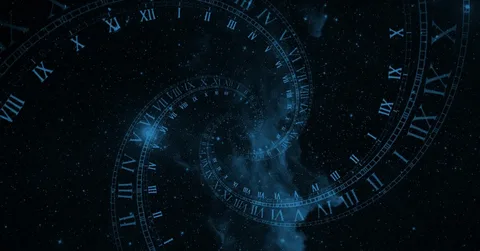
Mark M. Tillinger’s The Past Captures Us Forever is a book that expertly blends science fiction with personal introspection. Using the idea of time travel and the SpaceTime Continuum, Tillinger explores deep questions about self-discovery and identity. His stories are more than just imaginative tales of what might happen if we could explore the past; they are also explorations of what it means to understand oneself in the context of time.
Time travel in Tillinger’s book is not about going back to change the past but about understanding it. His characters often wonder what it would be like to see their pasts unfold before them, to witness the choices they made and how those choices shaped their futures. This leads to a deeper question: if you could view your past but not change it, what would you learn about yourself? Tillinger’s stories suggest that understanding the past can provide insights into who we are, even if we cannot alter what has happened.
One of the most fascinating aspects of the book is its focus on self-discovery through reflection. Tillinger’s characters often struggle with regret or confusion about their past choices, but by contemplating those decisions, they come to a better understanding of themselves. The stories reflect the idea that while we cannot change the past, we can change how we view it, and in doing so, we can change ourselves.
In the story “Pride and Pluto,” for example, a character grapples with feelings of guilt over a past mistake. The opportunity to witness his past from a new perspective helps him realize that his guilt is based on a misunderstanding. By seeing the event as it truly happened, he is able to let go of his feelings of shame and move forward with a renewed sense of self-worth. This theme of self-discovery runs through many of the stories, offering readers a message of hope and redemption.
The Past Captures Us Forever presents time not as an enemy but as a teacher. Time travel, in this sense, is not about changing the course of events but about learning from them. Each character’s journey through time is really a journey into their own mind and heart. Tillinger encourages readers to think about their own pasts in the same way, asking themselves what lessons they can learn from their experiences.
At its core, the book is about the idea that understanding the past is key to understanding the self. Tillinger suggests that while we may be captured by our past, we are also shaped by it in ways that can lead to growth and self-awareness. His stories invite readers to reflect on their own lives and consider how their past experiences have shaped who they are today.
In The Past Captures Us Forever, Tillinger uses the framework of science fiction to explore the very human experience of reflection and growth. His characters may not be able to change their pasts, but they can change how they think about them. This message of hope and self-discovery resonates throughout the book, making it a powerful read for anyone interested in the complexities of time, memory, and identity.